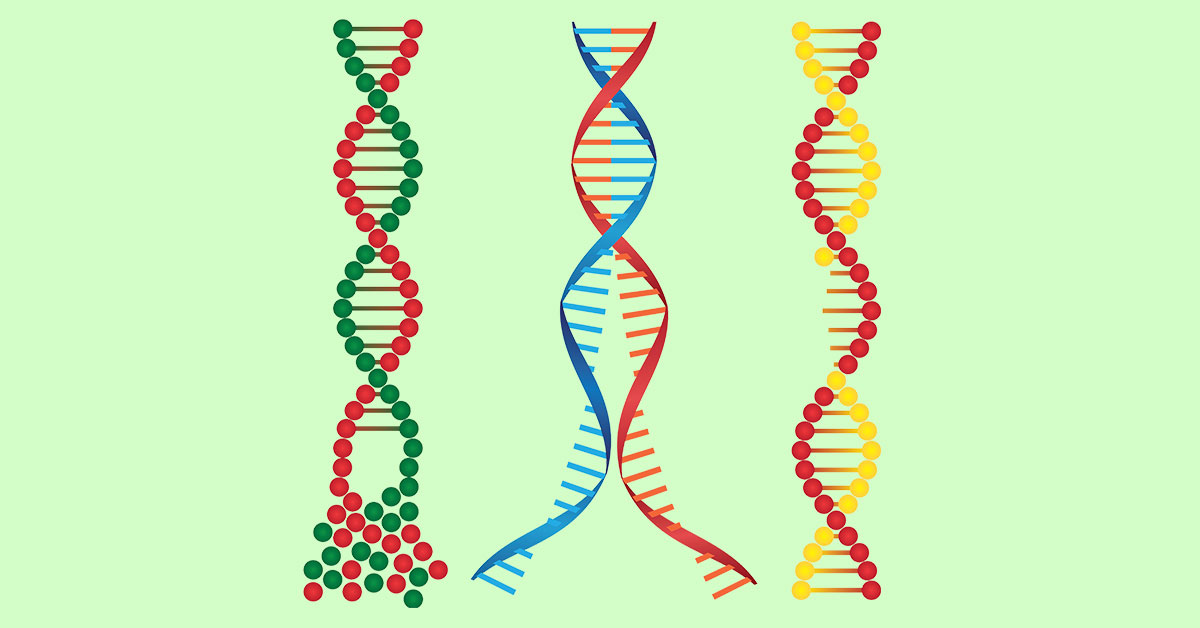
Amendment to the Agriculture Bill without full Commons debate is "violation of the political process that is not acceptable in a parliamentary democracy"
A group of MPs, peers and the GMO research establishment is urging the government to introduce genome editing into UK food and farming by sidestepping parliamentary and public scrutiny, as Pat Thomas and Lawrence Woodward of Beyond GM recently reported.
A cross-party group of MPs and Lords led by Julian Sturdy MP has written to George Eustice, Secretary of State for Environment, Food and Rural Affairs, urging the government to table an Amendment to the Agriculture Bill which would change the way the UK defines a genetically modified organism (GMO). This Amendment could be proposed to the Lords as early as two days' time, on 10 June.
If adopted, the Amendment would open the door to the deregulation of genetically engineered crops and animals produced using gene-editing technologies such as CRISPR.
The Amendment has not been debated in the Commons and its attachment to the Bill at this late stage of its passage through Parliament appears to be a blatant attempt to avoid a full and open debate on a crucial issue with widespread implications for the farming and food sector and consumer choice.
Now two scientists familiar with gene-editing technologies have written an Open Letter [1] to George Eustice asking him to reject the Amendment and not propose it to the Lords.
In their letter, the London-based molecular geneticist Dr Michael Antoniou and Professor Vyvyan Howard, Emeritus Professor at the University of Ulster, call the Amendment "an undemocratic and non-transparent attempt... to de-regulate gene-edited foods, crops and animals" and "a violation of the political process that is not acceptable in a parliamentary democracy".
Dr Antoniou and Prof Howard write:
"If gene editing were as beneficial to British food and farming as the Amendment’s supporters claim, it would have been included in the original Agriculture Bill and enjoyed the benefit of an open and transparent debate in the Commons. Attempting to introduce it at this relatively late stage via an Amendment appears underhand and constitutes a violation of the political process that is not acceptable in a parliamentary democracy.
"Gene-editing technologies are new, and scientists are still trying to refine them and understand their effects. Worryingly, an increasing number of scientific studies (for example, see this list, for which Dr Antoniou was technical advisor) show that gene editing is not precise and produces unintended DNA mutations, both at the intended editing site in the genome ('on-target effects') and at other sites ('off-target effects').
"In the case of food plants, the effects of these unintended on-site and off-target mutations brought about by gene-editing tools, especially the CRISPR system, will result in an altered pattern in gene function. This in turn could result in a changed biochemistry leading to unexpected toxicity or allergenicity."
The scientists give examples of recent studies showing unexpected and potentially dangerous effects of gene editing, including an application of CRISPR gene-editing tool that produced misshapen proteins, raising the possibility of new toxins or allergens appearing in food plants produced using gene editing. They also cite another study in gene-edited cattle that showed that the cattle unexpectedly contained antibiotic resistance genes that could transfer to pathogenic bacteria, thus adding to the problem of antibiotic resistance in animals and/or humans.
The scientists conclude, "De-regulating gene-editing in food, crops and livestock, particularly at this early stage of the technology’s development, would be irresponsible and premature and would pose unacceptable risks to public health and the environment, as well as risking our trading relationships with other nations and regions of the world. We therefore urge you to reject the Amendment to the Agriculture Bill."
Notes
1. In the interests of preserving the scientists' privacy and security, GMWatch has removed personal details, including their contact details and signatures, before publishing the letter.